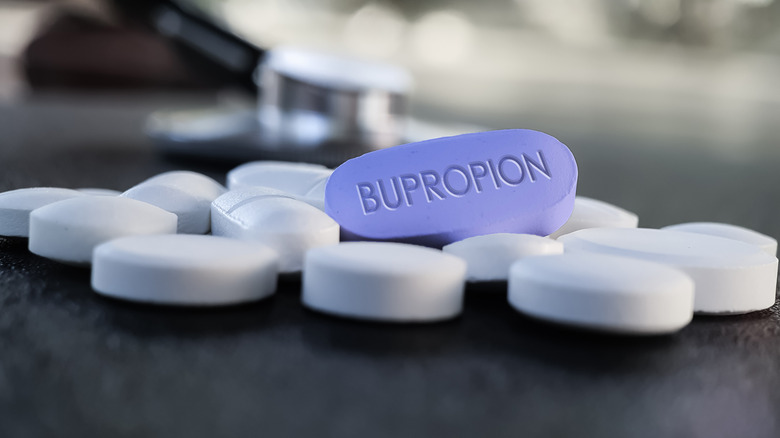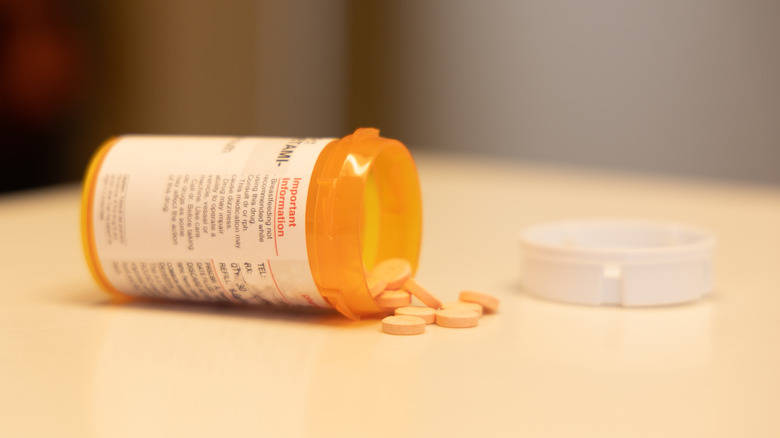We’ve all had those days when we misplace an essential item or have trouble paying attention in a meeting. For individuals with Attention-Deficit/Hyperactivity Disorder (ADHD), cognitive struggles like these are an everyday occurrence, which can sometimes affect their productivity and quality of life. According to the Centers for Disease Control and Prevention (CDC), ADHD is a neurodevelopmental disorder that can begin in childhood and last into adulthood. Children with ADHD may exhibit symptoms like excessive daydreaming, restlessness, forgetfulness, impulsivity, and interpersonal conflict.
It may surprise you to learn that ADHD comes in three subtypes. The inattentive form is more prevalent in females than males, and those who have it typically experience the inattentive symptoms of ADHD more often than the hyperactive symptoms. They can have difficulty with organization and retaining information or become easily distracted and bored, as explained by Healthline. On the other hand, someone with hyperactive-impulsive ADHD may move around constantly, be impatient, and make inappropriate comments. A combined type of ADHD is also present in some individuals, which encompasses symptoms from both of these categories.
Although ADHD doesn’t have a cure, medication management has shown promise in significantly improving the lives of those who have the disorder, according to the Cleveland Clinic. You’ve likely heard about Adderall as one of the go-to medications for treating ADHD, but can the antidepressant Wellbutrin provide the same relief? If so, how do the two medications differ when used to treat ADHD?
Does Wellbutrin make a difference for ADHD symptoms?

As an antidepressant, Wellbutrin has been approved for treating major depressive disorder (MDD) and seasonal affective disorder (SAD), according to the National Alliance on Mental Illness (NAMI). It can also be used to aid in smoking cessation. Taking Wellbutrin increases the amount of dopamine and norepinephrine available in the brain by blocking their reuptake (per ADDitude). Doctors may prescribe Wellbutrin off-label to treat ADHD, but the drug has not been approved by the Food and Drug Administration (FDA) for the treatment of the disorder.
Some doctors prefer Wellbutrin as a substitute for stimulant medications. Stimulant medications, like Adderall, are not the best choice for individuals living with certain psychiatric disorders or tic disorders, as reported by Medical News Today. They must be used with caution, as stimulant medications carry the risk of misuse. Medical professionals prescribe Wellbutrin accordingly for adults with ADHD, but the safety and efficacy of Wellbutrin in children with ADHD are unknown. The use of Wellbutrin has the potential to alleviate symptoms in individuals with ADHD who also have comorbid conditions, like depression and anxiety.
There has been research to suggest that Wellbutrin may improve ADHD symptoms. A 2024 article published in Cochrane Library reported low-quality evidence that Wellbutrin decreased the severity of ADHD symptoms after analyzing randomized controlled trials. Keeping this in mind, Wellbutrin may be a beneficial alternative for those unable to take stimulant medications, although further research is needed to confirm its efficacy for treating ADHD.
How does Adderall help alleviate ADHD symptoms?

Adderall is arguably one of the first medications that come to mind when thinking of medications intended to treat ADHD. Unlike Wellbutrin, Adderall is approved by the Food and Drug Administration (FDA) for the treatment of ADHD, as reported by Healthline. Being a stimulant medication, Adderall contains the compounds dextroamphetamine and amphetamine, which work to promote the release of dopamine, norepinephrine, and serotonin in the brain. Adderall stimulates the central nervous system and usually takes approximately 30 to 60 minutes to begin working after taking it by mouth (per Cornerstone of Southern California).
Due to the increase of neurotransmitters in the brain, a person with ADHD may find that they are better able to focus and pay attention when taking Adderall. In addition, symptoms of hyperactivity and impulsivity may be reduced. There is evidence that stimulant medications, such as Adderall, are beneficial to 75%-80% of children with ADHD, according to a 2024 review published in The Journal of Pediatric Pharmacology and Therapeutics.
Taking Adderall can sometimes result in adverse side effects, like elevated heart rate, nausea, restlessness, irritability, and vision problems. Because Adderall also has an increased risk of misuse and dependency compared to Wellbutrin, it’s important to weigh the pros and cons of each medication with your prescribing physician. Dr. Chatigny, a board-certified psychiatrist, told Lee Health that other non-stimulant medications, such as Strattera, are also available options for the treatment of ADHD.




